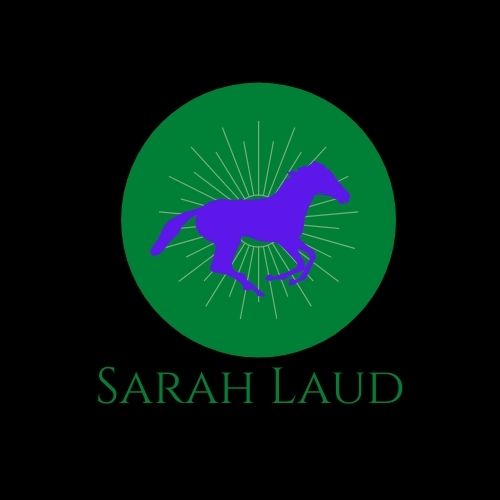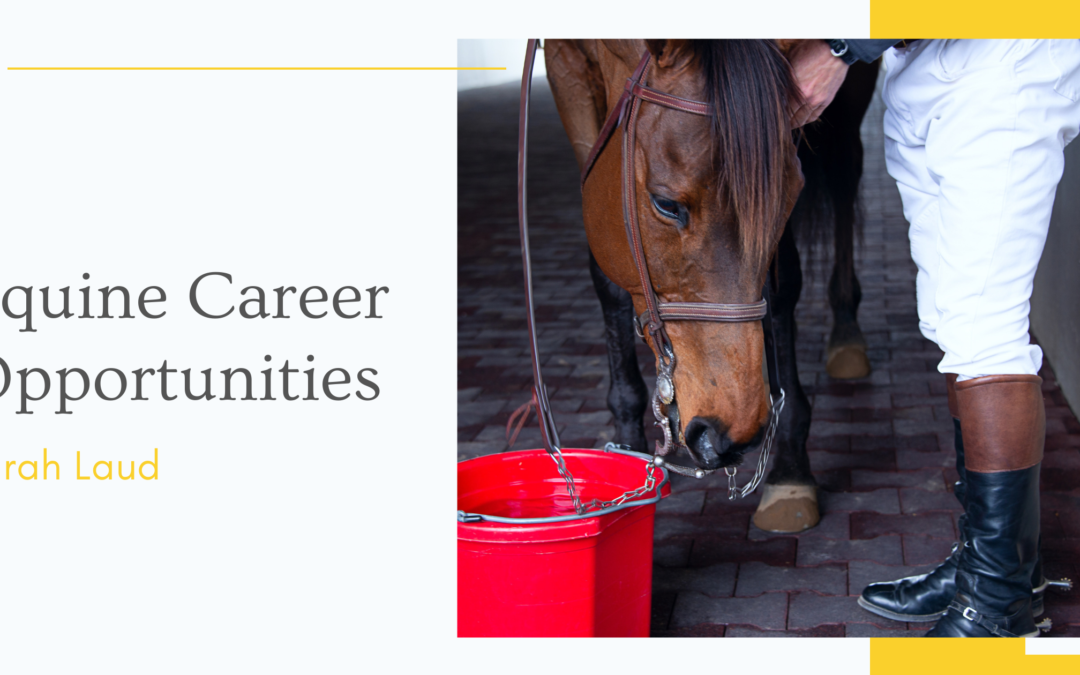Sharon Ralls Lemon of Equestrian, Inc., a rescue charity for Thoroughbreds, observes, “The essential joy of being with horses is that it brings us in contact with the rare elements of strength, beauty, grace, spirit, and freedom.” The relationship between people and horses is arguably more complicated than that of humans and other domesticated animals. There are many levels at which people can be involved with equines—nevertheless, each relationship between people and humans shares some common elements. For individuals who wish to pursue an equine career, there are many work areas from which they can choose. Here are some of these career opportunities:
Equine Health and Services
In addition to becoming an equine veterinarian, there are the choices of farrier and massage therapist. Among the highest-paid professions are those of the veterinarian and the farrier. Another option is that of veterinary pharmaceutical sales. This profession has a more promising outlook than for some other manufacturers’ sales representatives.
Equine Breeding and Management
Small breeding farms usually have a single manager. Large horse farms employ managers to oversee various departments such as stallions, broodmares, and yearlings. A barn manager is in charge of the horses’ care and manages the schedules and payrolls of employees, such as the grooms and hot walkers. This manager may oversee the operations of breeding, showing, and racing. He or she orders supplies, feed, and equipment, as well as assisting with veterinary treatments. Some barn managers also operate some of the farm machinery, and they may act as a riding instructor. Another position relative to management is that of the bloodstock agent, who purchases and sells thoroughbred horses for the horse farms’ clients.
Equine Sports Massage Therapist and Equine Chiropractor
Therapists for equine sports are often called upon to apply their massage techniques and knowledge of horses’ anatomy to improve the range of motion that a horse possesses. Those who have a Doctor of Veterinary Medicine or a Doctor of Chiropractic degree can obtain licenses in a more advanced qualification as animal chiropractors. They are usually called upon to work on equines such as racehorses and Olympic competitors.
Professional Braider
Professional braiders go on the horse show circuit and braid the horses’ manes and tails in Hunter, Jumper, and Dressage competitions. There is a skill involved as the braids must be uniform and between 30 and 40 on the horses’ necks. The best braiders earn between $50-$100 a horse.

